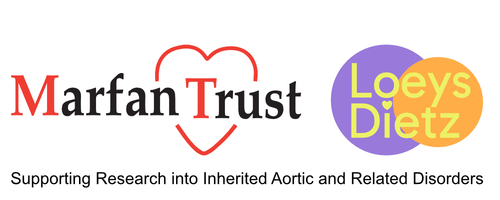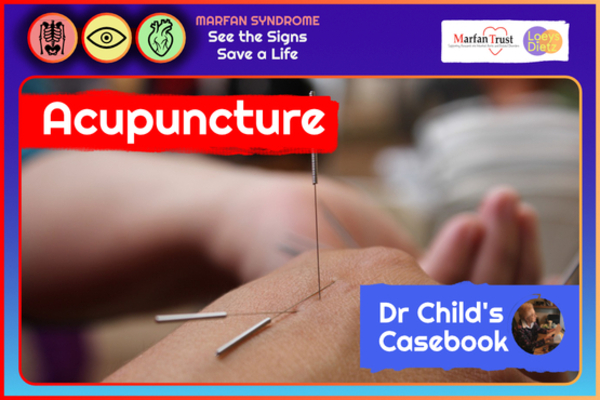Anything to declare? Legally obliged but thoroughly confused? Navigating the complexities of DVLA requirements in the context of a complicated medical condition such as Marfan syndrome is a tortuous road to follow. But we are here to put you on the straight and narrow. Thank you to Mike from the Tall Persons Club, the catalyst for today’s Casebook.
By Dr Anne Child & Victoria Hilton
Q: Hello, should a person with Marfan syndrome report this to the DVLA? This has just arisen as an issue with one of our members and affects several other members of our Club with Marfan. Do you have definitive guidance that we can reference? We are especially interested in what they are concerned about most medically?
A: Go online and read the medical conditions DVLA website. You must tell DVLA if you have Marfan syndrome. You may be prosecuted if you are involved in an accident as a result. Different forms are available for car or motorcycle licence, and bus, coach, or lorry licence.
In addition, you must tell DVLA if you have an aortic aneurysm. For car or motorcycle, the aneurysm needs to be 6 cm or more in diameter despite treatment. For bus, coach, or lorry license you must tell DVLA if you have an aortic aneurysm of any size. You must not drive if your aortic aneurysm is 5.5 centimetres or more in diameter.
Ask your doctor or consultant if you are not sure.
As a consultant cardiologist explains, an aneurysm is labelled as an aneurysm if it is at the threshold for treatment. This decision should be left to the patient's consultant.
In cases of dissection, surgically corrected type A (involving the aortic root), with the rest of the arch and descending aorta under 4cm, and controlled blood pressure, may be acceptable. If the remaining aorta in repeated scans is enlarging, the licence should probably not be activated after surgery.
Related conditions
Notifiable conditions are anything that an affect your ability to drive safely. They can include:
- syncope (fainting)
- heart conditions (including atrial fibrillation and pacemakers)
- sleep apnoea
- strokes
- glaucoma









